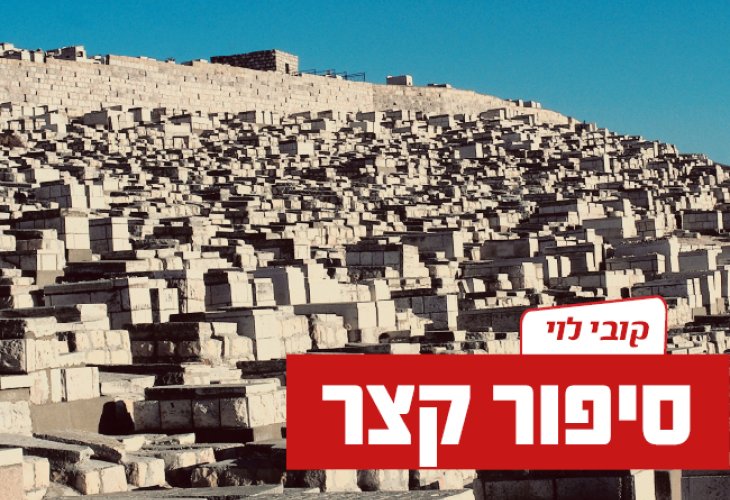The Life of Rabbi Mordechai Shrage of Husyatyn
Discover the life, teachings, and holy stories of Rabbi Mordechai Shrage of Husyatyn. Commemorating his yahrzeit on the 22nd of Iyar.

The Life of Rabbi Mordechai Shrage of Husyatyn
During a visit to the Holy Land in 1927, the Rebbe of Boyan-Czernowitz commented on the yahrzeit, "My father, the 'Pachad Yitzchak,' of blessed memory, spoke of my father-in-law, the elder Rebbe of Husyatyn, as a treasured son, and likened him to Yosef who received the 'coat of many colors.'."
Stories from 'Sukkat HaRoeh' (Boyan), vol. 3
The Rebbe of Husyatyn was known for his brief responses to visitors seeking guidance. When pressed for more information, he would simply state, "I've said it once." Commentaries equate his demeanor with Shabbat—a realm of thought and contemplation.
'Ahalei Yaakov' (Husyatyn), annual gathering
In his early years, he addressed his chassidim during the eight days of Chanukah, sharing spiritual insights after the lighting of the menorah. He shared this tale: Rabbi Velvel of Zhitomyr, the 'Or HaMeir,' owned an inn that he personally managed. Over time, his practice evolved, becoming more selective of the guests. This was the last such discourse he gave, relying thereafter on the spiritual presence in his chassidim's lives. Their vision of his divine-like aura fed their souls, his silent presence more potent than words.
Recollections from Rebbe Yitzchak of Husyatyn
The Rebbe of Husyatyn did not publicly teach as his forebears did, choosing a more reserved path. His influence came through spiritual eminence, akin to a temple. As the Radak speaks of, God-fear stems from sacred spaces. He influenced others not by speech, but by presence alone.
'Ahalei Yaakov' (Husyatyn), gathering insights
The Rebbe's disciples, including notable figures from among his service, regarded their stay in his presence as profoundly educational, imparting Torah, ethics, and religious fear reverently.
From 'Sukkat HaRoeh,' an account
My grandfather, Rabbi Israel of Husyatyn, once said his reverence employed both awe and strictness to reverse decrees. Echoing the methods of Rabbi Baruch of Medzhybizh, we see it as linked to purity—a transformative force born of intensity.
Attribute "purity" with "knowledge," referencing rabbinical commentary, and his guidance imbued listeners with clarity as if guided by the Urim and Thummim.
Silent Teachings and Guided Paths
Rabbi Mordechai Shrage of Husyatyn was praised as a spiritual warrior. His battles were broadly encompassing, described as a general leading from a strategic depth rather than public discourse.
He advised that one should embrace divine providence with tranquility, echoing "When things are not as one wants, one must want things as they are."
Shared by Rabbi Avraham Stern
Rabbi Mordechai Shrage then spoke to the power of silence, as an expression of inner wisdom, emphasizing that true understanding comes from within, untouched by external contradictions.

